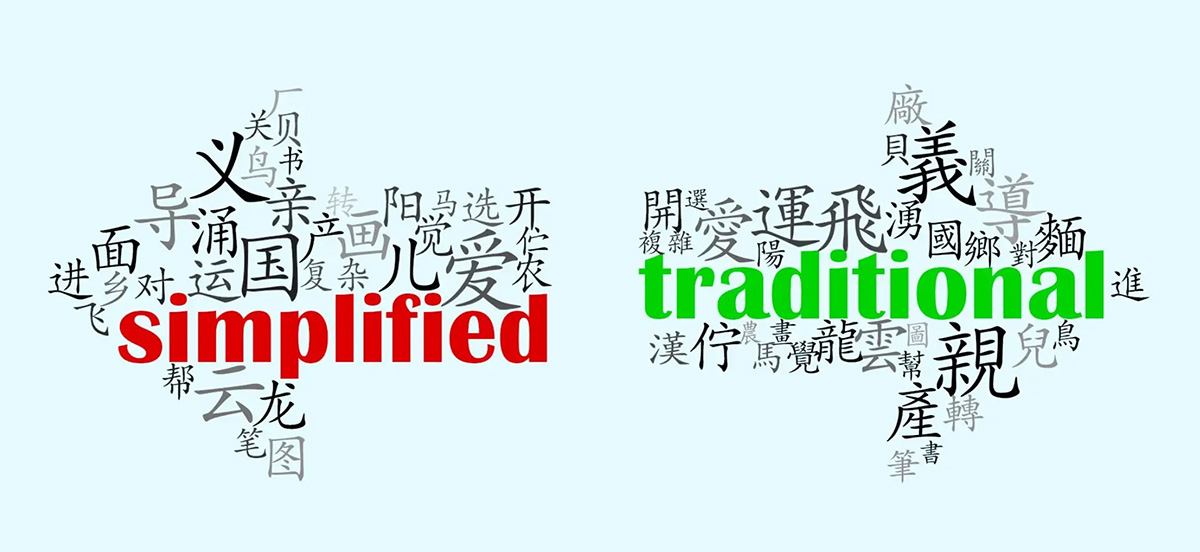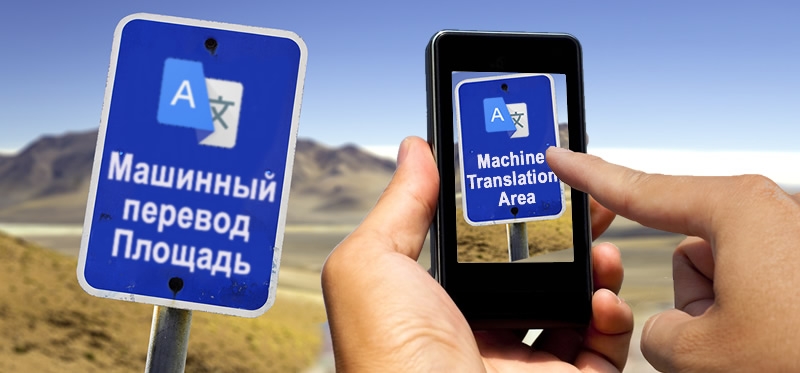Which should we use: Traditional or Simplified Chinese? We are often asked to explain the difference between Traditional and Simplified Chinese, and when each should be used. Mostly, clients want to know which is the most appropriate to use. The short answer is: use...
Education
What should I be using machine translation for?
Humans vs. Machines (in translation!) The translation blogosphere is awash with speculation about the future of Machine Translation (MT) and machine translation tools. "Machines will replace humans!" We've all heard it! And not just within the realm of translation...
Two Famous Etymologists
Two Famous Etymologists Etymology is the science of the history of words. An etymologist is a person who studies the origins and history of words. There are a few famous etymologists! But a great etymologist is an expert in etymology. The work of an etymologist...
The Deaf Community of Martha’s Vineyard
The History of Sign Language: The Deaf Community of Martha’s Vineyard The history of the early settlers to Martha’s Vineyard, shows us what a Utopian deaf community could look like! Furthermore, it displays the adaptive capability of both the human mind, and our human...
How Learning Another Language can Boost Your Career
How Learning Another Language can Boost Your Career Learning a second (or third!) language can significantly boost your career in several ways: 1. Increased Job Opportunities Companies that already operate internationally prefer employees who can communicate...
The Role of Translation in Globalising Netflix
The Role of Translation in Globalising Netflix Translation has played a crucial role in globalising Netflix by making content accessible, culturally relevant, and engaging for audiences worldwide. Translators and localisers have enabled Netflix to reach diverse...
Translation Management Systems: What and Why?
Translation Management Systems: What they do, and why you want one! A Translation Management System (TMS) is software designed to streamline and automate the translation process for businesses and language service providers. A TMS automates repetitive or manual tasks,...
How to Handle Ambiguity in Translation: Practical Strategies
How to Handle Ambiguity in Translation: Practical Strategies Ambiguity is the translator’s perpetual nemesis and, paradoxically, one of the most fascinating aspects of the job. It arises when a word, phrase, or sentence can have more than one meaning, leaving the...
10 Tips for Learning Business English Fast
In today’s globalized world, mastering Business English can unlock countless professional opportunities. Whether you’re preparing for a job interview, negotiating contracts, or building international partnerships, proficiency in Business English is a critical skill....
The Art of Localisation: Adapting Content for Global Audiences
Have you ever heard of localisation? It has become a valuable tool for most businesses to succeed in international markets, and you can utilise it, too! Many businesses use localisation to adapt products or services to specific cultural beliefs and preferences. The...
10 Common Mistakes Made in Linguistic/Translation Post-Editing and How to Avoid Them
10 Common Mistakes Made in Linguistic/Translation Post-Editing and How to Avoid Them In the world of translation post-editing, the challenge lies in walking the tightrope between speed and quality. As machine translation (MT) tools like Google Translate and DeepL...
The Future of Languages Online
Languages Online in an Expanding Digital World It is well known that English-language content dominates the internet — over half of all written content online is in English, despite just 16% of the global population speaking the language. There are number of reasons...
Why Poker is One of the Few Games Without a Language Barrier
Poker is one of the most universal card games on the planet. This classic meeting of minds brings players together from all four corners of the globe. It’s quite the phenomenon when you sit down and think about it more deeply. It’s quite possible for each player at a...
How to Translate Computer into Spanish
A Spanish Dilemma: How to Translate Computer Three words are used to translate computer into Spanish. Spain uses "ordenador" (IPA: /oɾðeˈnaðoɾ/), probably modelled on the French "ordinateur", meaning something like a "sorting machine". Most of Latin America uses...












